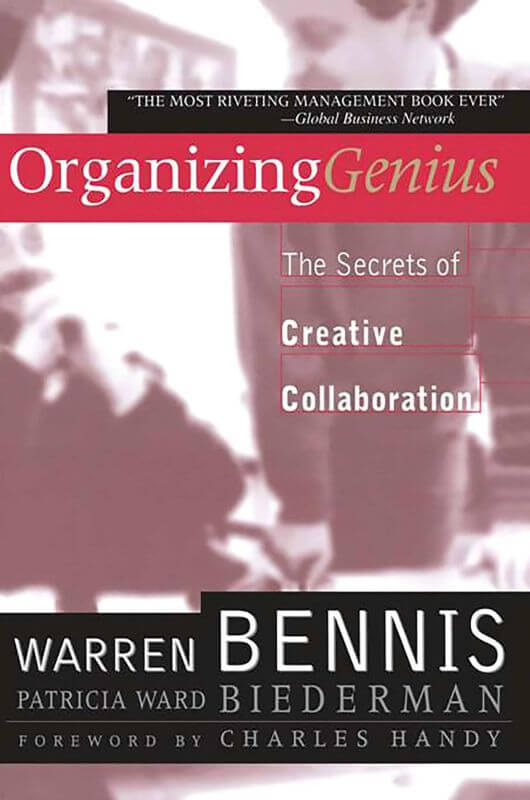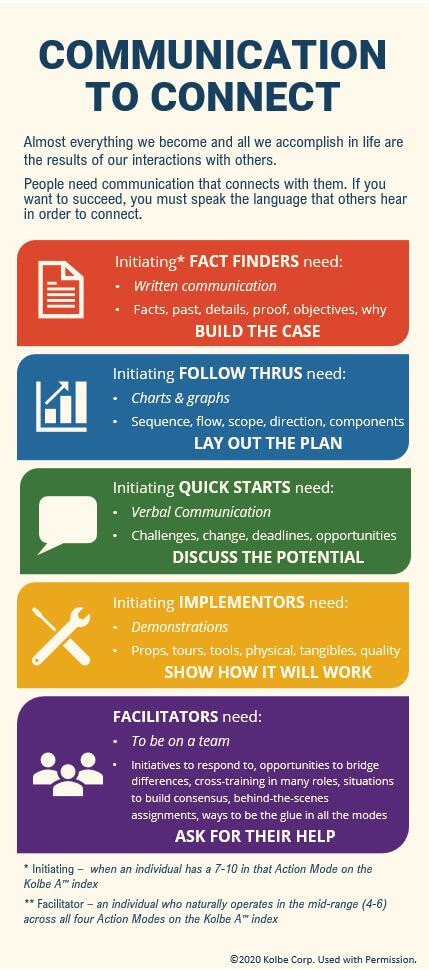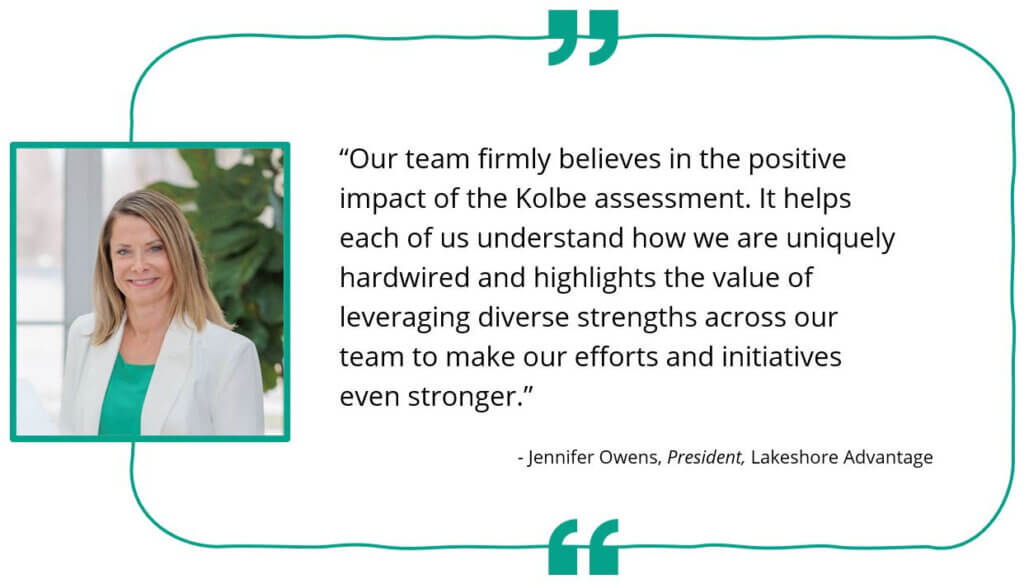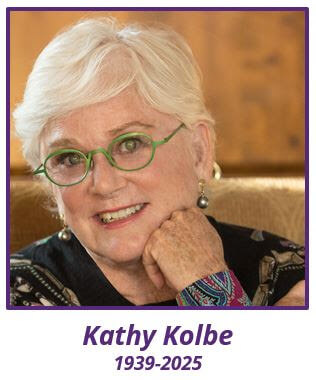If I asked you, “Who is the father of leadership?” Warren Bennis might not be the first name that comes to mind. Yet Peter Drucker, himself a highly influential thinker and writer on the subject of management theory and practice, once gave him that title—and Bennis himself was still surprised (which, fittingly, is also the title of his memoir).
Bennis devoted his life to self-reflection, leadership studies, and exploring the power of great groups—what made them succeed and what held them back. His famous quote, “None of us is as smart as all of us,” captures his belief in collective genius. Long before “group dynamics” became a buzzword, Bennis was studying how teams create magic together. Organizing Genius distills this wisdom, laying out the Laws of Great Groups. At the heart of these laws lies one critical factor: the ability to communicate effectively. Great groups develop a language all their own; they are attuned to each other.

In every workplace, people use words and phrases that supposedly everyone understands—but not everyone always does. Without a shared language, communication gets messy, productivity suffers, and team culture feels like a puzzle, missing half of the pieces. With a shared language, teams gain clarity, collaborate efficiently, and build a cohesive culture. It inspires listening and respect.
For 35 years, I’ve advocated for one of the most powerful shared languages I know: the language of the Kolbe System™. Why Kolbe? Because it’s objective. It highlights every individual’s strengths and how those strengths fuel a team’s creative power. More importantly, it focuses on how people work, solve problems, and make decisions—the bread and butter of our daily lives at home, work, school, and in our communities.
Why is Kolbe as a Shared Language so Important?
If we want to build strong cultures, we need to start with our words. What we say—and how we say it—matters. Kolbe helps teams use all the strengths around the table. It allows people to talk with and to each other, not past each other.
It also creates space for mercy and grace. With Kolbe, teams can:
- Conquer disappointment
- Manage interactions
- Rise to expectations
- Accelerate trust
We developed a bookmark that we give to teams in our training. Many people post it in their workstation to remind them of the language when speaking and working with others. Learning a language is one thing—but actually using it requires effort and intentionality.
If you’d like your own bookmark with this communication language, drop your address here and we would be happy to send that out.

Real World Example
Lakeshore Advantage, the economic development engine in West Michigan, and a longtime proponent of the value of Kolbe within their team, conducts annual Kolbe refresher training with PSG for all team members; and conducts Kolbe A™ analysis when facing collaboration challenges between team members.

Benefits of Kolbe as a Shared Language
- Kolbe provides a rallying point—a unified identity. Teams feel part of something bigger. As one leader put it: “Can I borrow your brain today? We need someone who can simplify our thinking” or, “We need your systematizing approach to pull this plan together, keep us on track, and get to closure.”
- Clearer communication also reduces ambiguity. For example, giving a Fact Finder clear priorities for the day prevents wasted time and confusion.
- Change is inevitable. Kolbe helps teams adapt with agility. When a leader with an initiating Quick Start sets a new direction, the team recognizes the urgency and knows who needs to be involved.
- This shared language also empowers decision-making. Team members gain confidence to act without second-guessing expectations.
How Will We Know When It’s Working?
When Kolbe language feels natural—when it’s no longer contrived—you’ll notice more precise, thoughtful communication. A simple litmus test: ask your teammates, “Am I communicating in the way you need?”

Recognize when people are communicating well to you. Call it out in team interactions and during meetings. Give kudos in one-on-ones. Building this shared language isn’t a solo effort. It needs to be done together. It requires a need, a readiness, a collective commitment, and most of all—champions. Managers need to lead by example. If they don’t model the language, no one else will.
A Tribute

This article is dedicated to Kathy Kolbe, my longtime friend and mentor, who recently passed away after a brief illness. Known as the Mother of Conation—the volitional part of the mind—Kathy pioneered work that has touched millions of lives, including mine.
I salute you, Kathy: Wherever there was opposition, you powered through with obstinance. You left a big heart and an even bigger footprint. Because I have known you, my life has changed—for the good.
If you would like to learn more about using Kolbe as your company or home’s shared language, please reach out here to get started.
